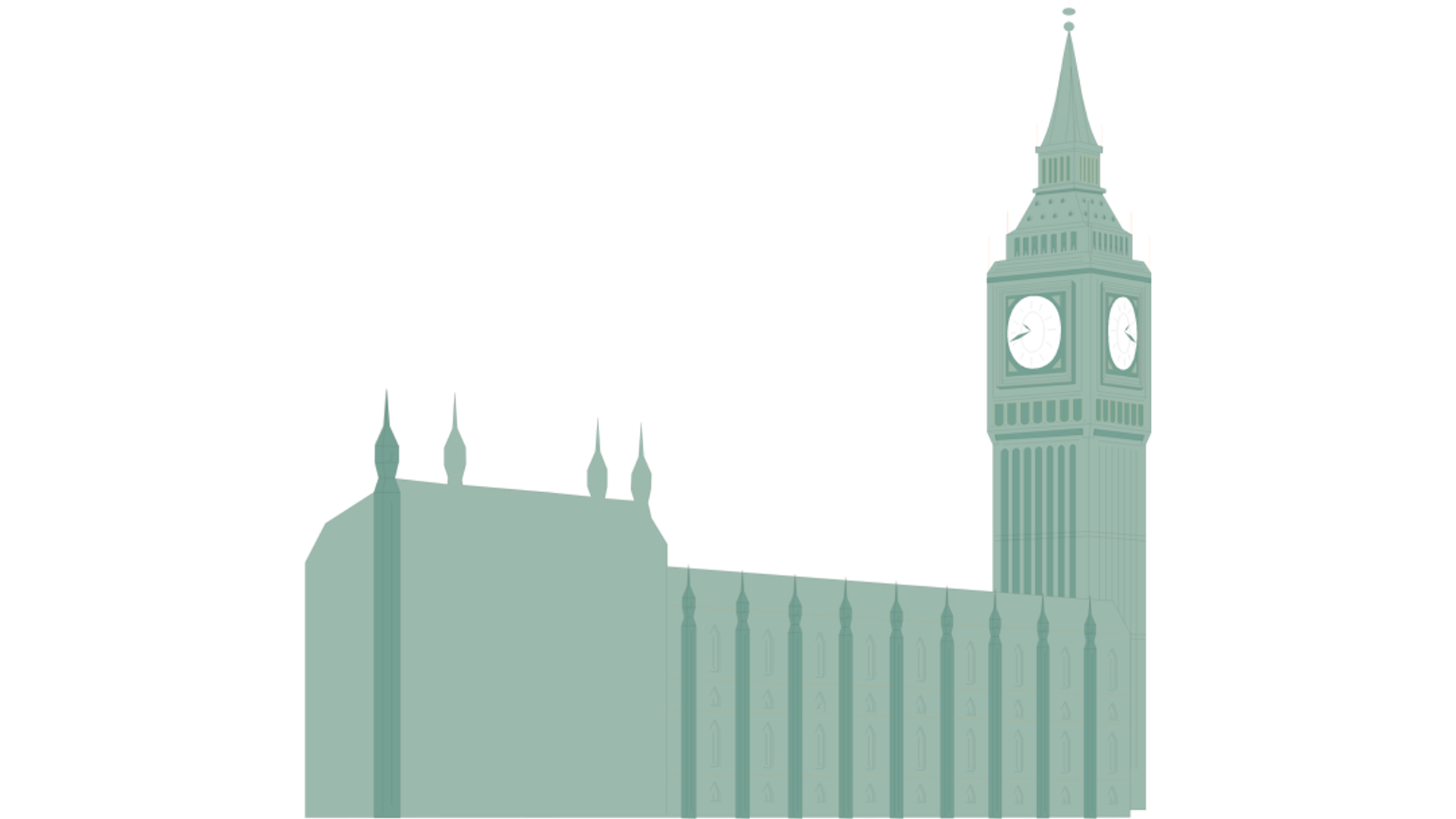
-

-

-

-

-

Coalition of medical bodies and healthcare providers welcomes abortion law amendment tabled by Tonia Antoniazzi MP
Tonia Antoniazzi MP has laid a cross-party amendment, with the support of 60 MPs, to the Crime and Policing Bill which would remove women from the criminal law in relation ending their own pregnancies – bringing England and Wales into line with Northern Ireland. -

